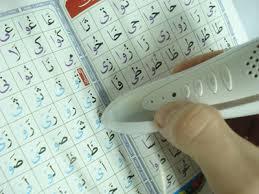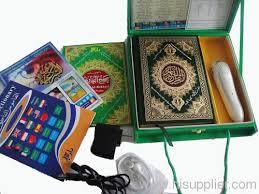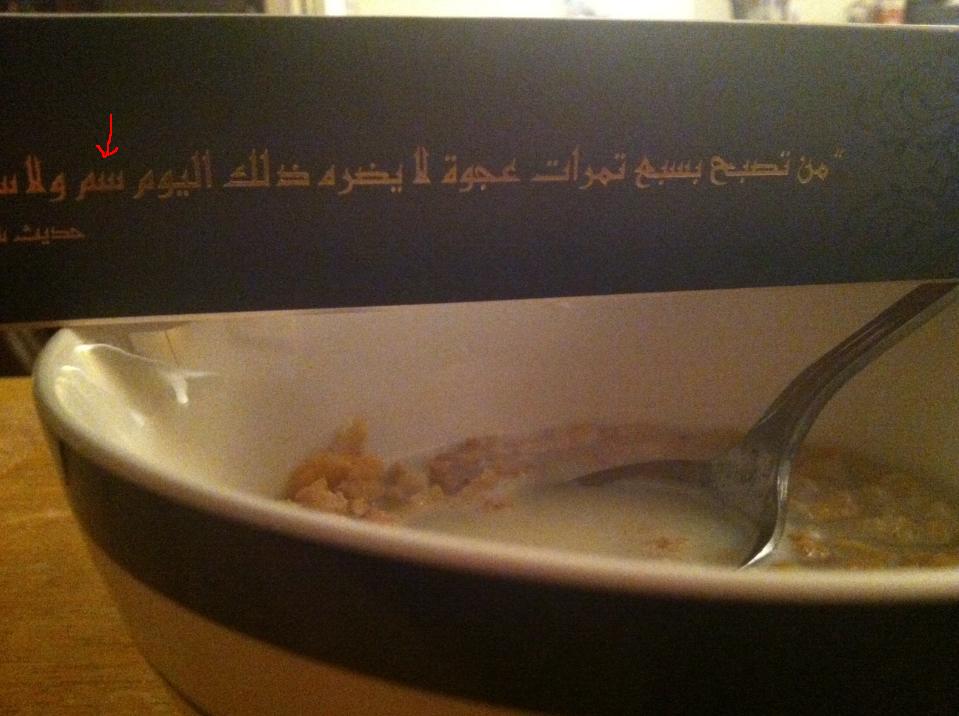Muhaba
فصبرٌ جم
- Messages
- 2,930
- Reaction score
- 440
- Gender
- Female
- Religion
- Islam
^i really wasn't talking about the Arabs who have gone so far away from real Arabic, it's a shame. I've heard egyptians talking and its so difficult to understand them. always saying things like masgid and guma, lol. i wonder how they pronounce egypt. but Arabs don't have problem with letters like ع and ق and ظ and ط and ث and even خ so i think they have no excuse. surely with a little practice egyptians can say ج instead of (the letter which doesn't exist in arabic). and the same goes for other Arabs.
But the ajam (non-Arabs) are the ones who have difficulty in changing their pronunciation, especially of the above letters. i highly respect those parents who send their children to arabic teachers from an early age to learn the correct pronunciation. everyone should try their best to improve especially recitation of Quran, which includes both correct pronunciation of letters and tajweed. however, where it's impossible for one to fix pronunciation of a letter, one shouldn't be discouraged as Allah knows our abilities and weaknesses.
But the ajam (non-Arabs) are the ones who have difficulty in changing their pronunciation, especially of the above letters. i highly respect those parents who send their children to arabic teachers from an early age to learn the correct pronunciation. everyone should try their best to improve especially recitation of Quran, which includes both correct pronunciation of letters and tajweed. however, where it's impossible for one to fix pronunciation of a letter, one shouldn't be discouraged as Allah knows our abilities and weaknesses.







